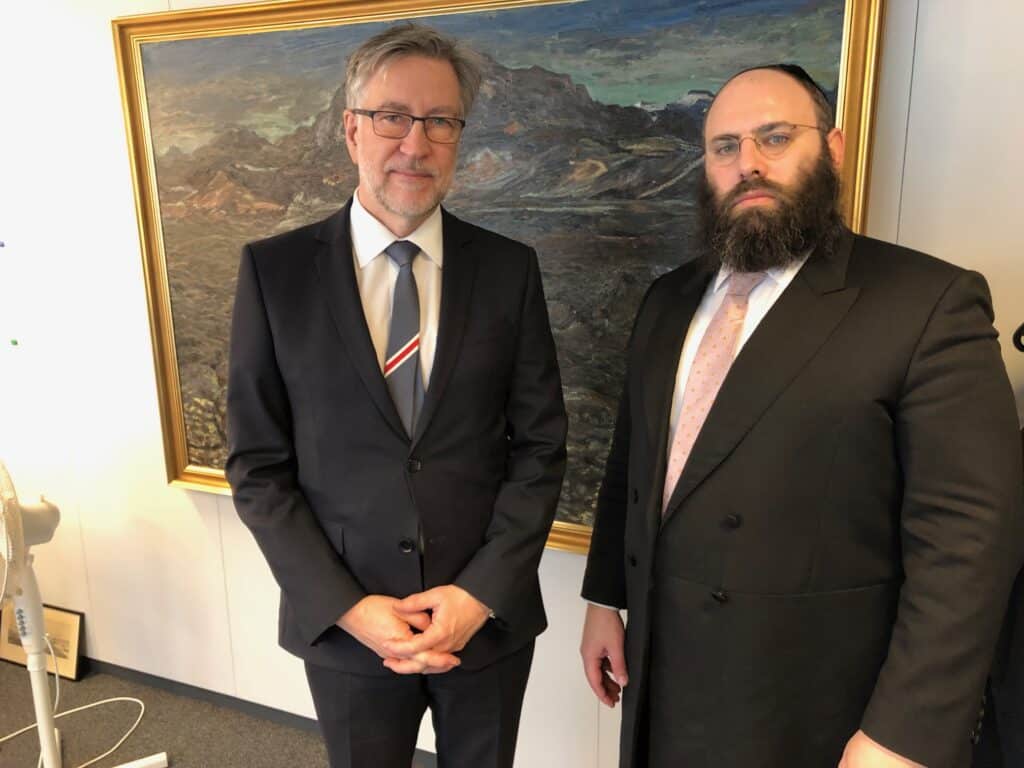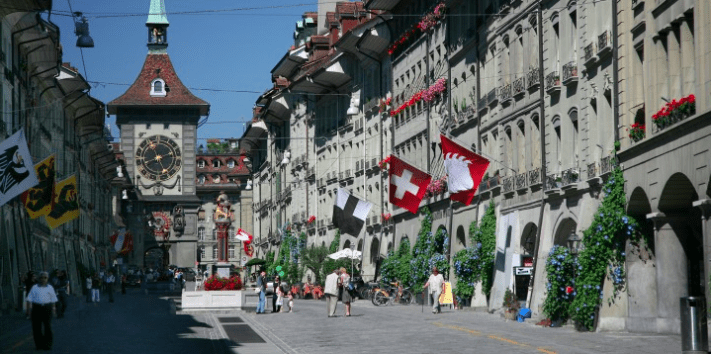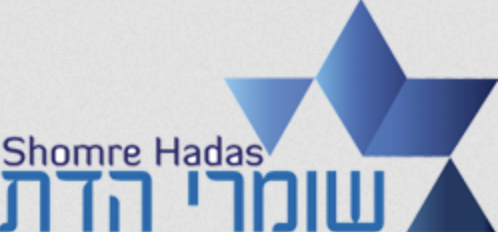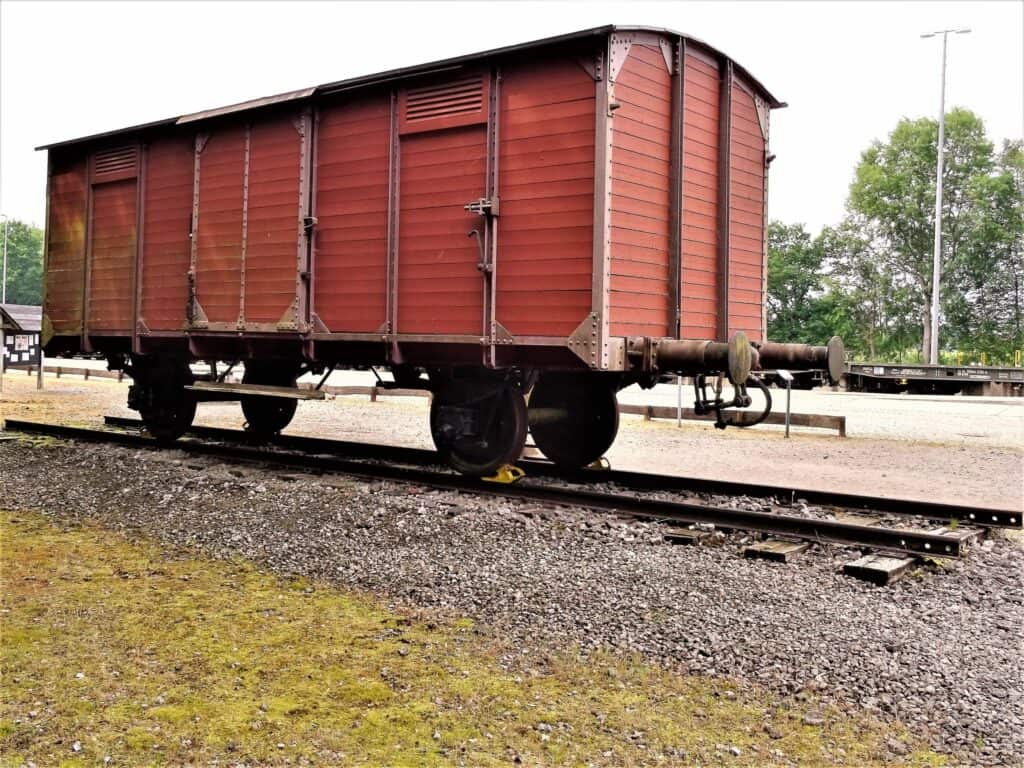Chief Rabbi Jacobs:
Last Thursday was a special day. I was in Leeuwarden, a city in the north of The Netherlands, for the unveiling of a monument with 544 names of Jews who were murdered, 80% of what used to be a flourishing Jewish Community. It was not only an impressive ceremony, but a full day filling program. First a reception in the former Jewish School, then a tour of the former Jewish quarter where in front of the various houses and shops large photos of the former Jewish residents were placed: all murdered! And then: the unveiling wasn’t supposed to start till 4pm and it was only 2pm? After the tour of the Jewish neighbourhood, we were directed to a nearby hall. Just before the occupation, in 1939, the wedding reception of Barend Boers and Mimi Dwinger, had taken place in this hall. More than a hundred guests were present. And in that same hall, we set now, awaiting the unveiling of the monument. And then, quite unexpectedly, it started. We were in the middle of a play. The chuppah took place around us, we were the guests, and the lives of the bride and groom were acted. But it was not all festive. The Nazis occupied The Netherlands. Jews were arrested. The young couple decided to escape. Their flight from the Netherlands, their trek across the Pyrenees, we saw it all happen. The various people whose houses we had just passed by, performed and talked about their lives and their deaths in Sobibor, Auschwitz or elsewhere. I actually would have preferred not to experience this performance because it hit me hard. It was a tough confrontation.
And then, after the confrontational play, we left the hall in silence and walked to the unveiling of the monument. And there, at that ceremony, 6 students pretended to be former residents of the Jewish Community of Leeuwarden: my name is x and in 1943 I was murdered in Sobibor. The mayor of Leeuwarden talked about his Jewish grandmother and the secret surrounding her Jewishness. When the mayor’s aunt passed away, of natural causes, not so long ago, a briefcase was found and her Jewishness, her carefully hidden identity, was revealed. Because my ancestors originated from Leeuwarden, I had this personal feeling: how nice that my ancestors finally, after more then 75 years, got a gravestone, a matsewa! But a gravestone without a grave. A memorial prayer was recited followed by an intensive silence.
How could a large Jewish Congregation be massacred, gassed, exterminated? It was not just the fault of the small percentage of collaborators. The problem lay with the large silent mob that showed herd behaviour and chose the path that yielded them the most at the time: Fl.7.50 money per head for every betrayed Jew. And in better times even Fl. 40 pp!
Because of that herd mentality, which drove society in the completely wrong direction during the occupation, there was something like a collective guilt among the average Dutchman after the war. A few months ago, when 18 Orthodox Jewish girls were expelled from a KLM flight, I spoke to a former Minister and told him that thanks to my network I was able to arrange for them not to have to stay at Amsterdam Airport on Shabbat. And, I went on, whether it was right or wrong for the girls to be kicked off the plane, I don’t know, because they might have misbehaved themselves. But I was corrected fairly brutally by the former statesman with the words: As a Dutch society we must always stand up for the Jew, because during the Holocaust we, the Dutch, failed miserably. I fully agree with that failure, but to go so far that it is no longer allowed to check whether straight is crooked and crooked straight is a bit too far for me.
I agree that it is justified that also in the Netherlands it is being considered nowadays to criminalize denial of the Holocaust. But the fact that this needs consideration, is sad, because apparently it is no longer felt how radically, inhumane and criminally the Nazi regime acted, supported by the majority of the Dutch population. Result: 544 names of murdered Jews. The monument is impressive, but the history unacceptable.















